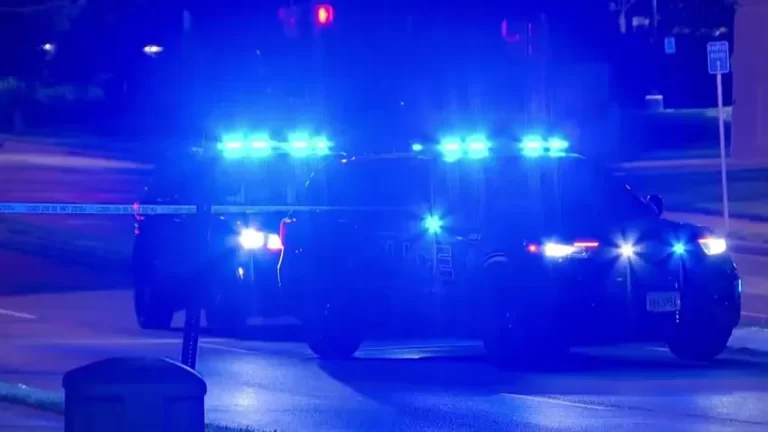
In the aftermath of the New Year’s Day explosion outside the Trump International Hotel in Las Vegas, the FBI has revealed that the suspect, identified as Matthew Livelsberger, had no known animosity toward former President Donald Trump. Instead, investigators believe the 34-year-old U.S. Army veteran was struggling with post-traumatic stress disorder (PTSD), which may have contributed to his actions.
The explosion, caused by improvised explosives packed into a Tesla Cybertruck, occurred in the early hours of January 1, 2025. Although no one was injured, the blast caused significant damage to nearby vehicles and raised concerns about potential political motivations.
No Evidence of Political Targeting
According to FBI spokesperson Andrew Carter, initial investigations have found no evidence linking Livelsberger’s actions to political motives or extremist ideologies. “Our investigation indicates that this was not an attack directed at any individual or political figure. It appears to be the tragic outcome of mental health struggles combined with access to dangerous materials,” Carter said.
Authorities discovered writings in Livelsberger’s home that highlighted feelings of isolation and despair but lacked any direct threats or political rhetoric. Friends and family have described him as a quiet and reserved individual who became increasingly withdrawn after returning from multiple tours in Iraq and Afghanistan.
Mental Health Challenges
Livelsberger, a decorated combat veteran, reportedly struggled with PTSD for years, according to his family. His sister, Emily Livelsberger, spoke out about his struggles: “Matthew was a kind soul, but the scars from his service never healed. He sought help, but like so many veterans, he fell through the cracks.”
Veterans’ advocacy groups have pointed to this incident as a grim reminder of the challenges facing many former service members. “This tragedy underscores the urgent need for better mental health resources for our veterans,” said James Monroe, director of a national veterans’ mental health nonprofit.
Explosives and Investigation
The Tesla Cybertruck was found to contain homemade explosive devices crafted from gas canisters and firework mortars. Investigators are working to determine how Livelsberger acquired the materials and whether any safety protocols were breached.
The FBI is continuing its investigation to rule out any connections to broader networks or accomplices. So far, evidence suggests Livelsberger acted alone.
Community Reaction
The explosion has sparked renewed conversations about mental health, veteran care, and public safety. Las Vegas Mayor Carolyn Goodman expressed her condolences to Livelsberger’s family and gratitude for the quick response of law enforcement. “This is a somber moment for our city, but it reminds us of the importance of supporting those who serve and sacrifice for our nation,” Goodman said.
Looking Ahead
As investigations continue, advocacy groups are urging policymakers to take stronger action in addressing the mental health crisis among veterans. Livelsberger’s story, though tragic, has reignited public discourse on how society can better support those who bear the invisible wounds of war.





